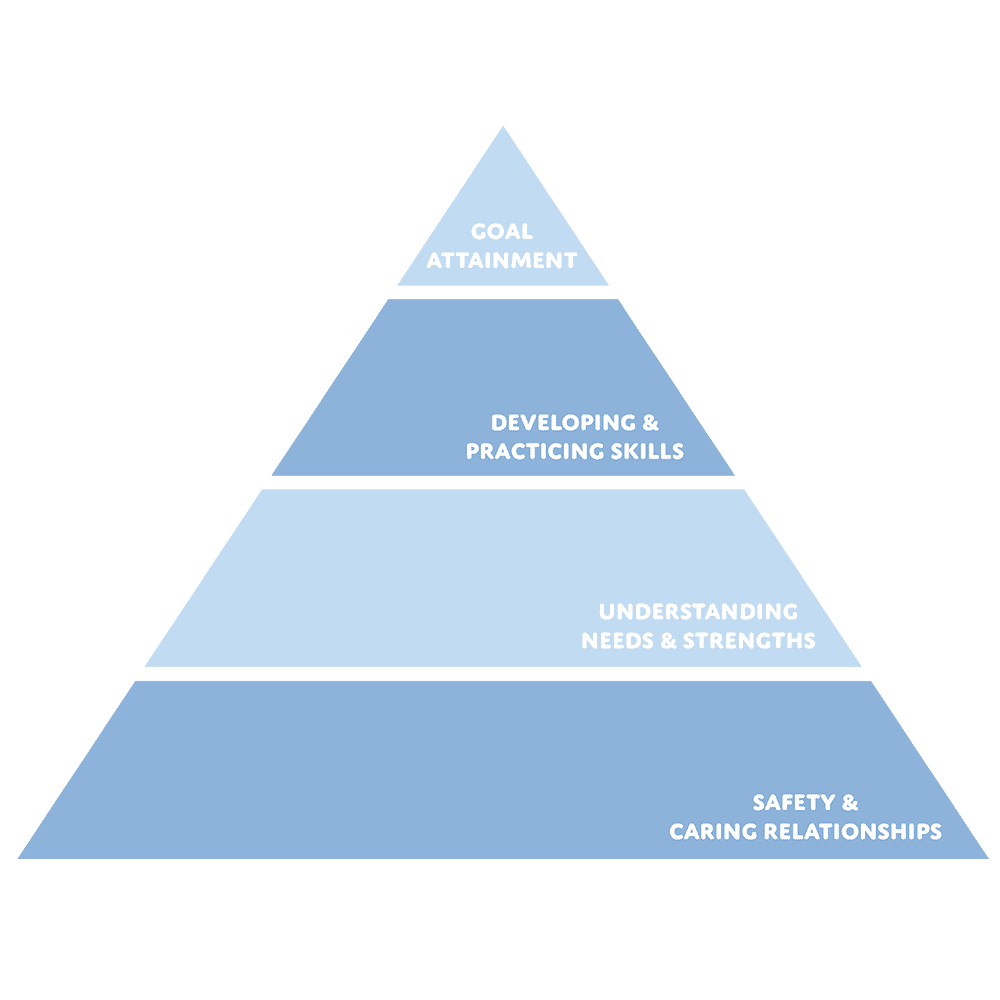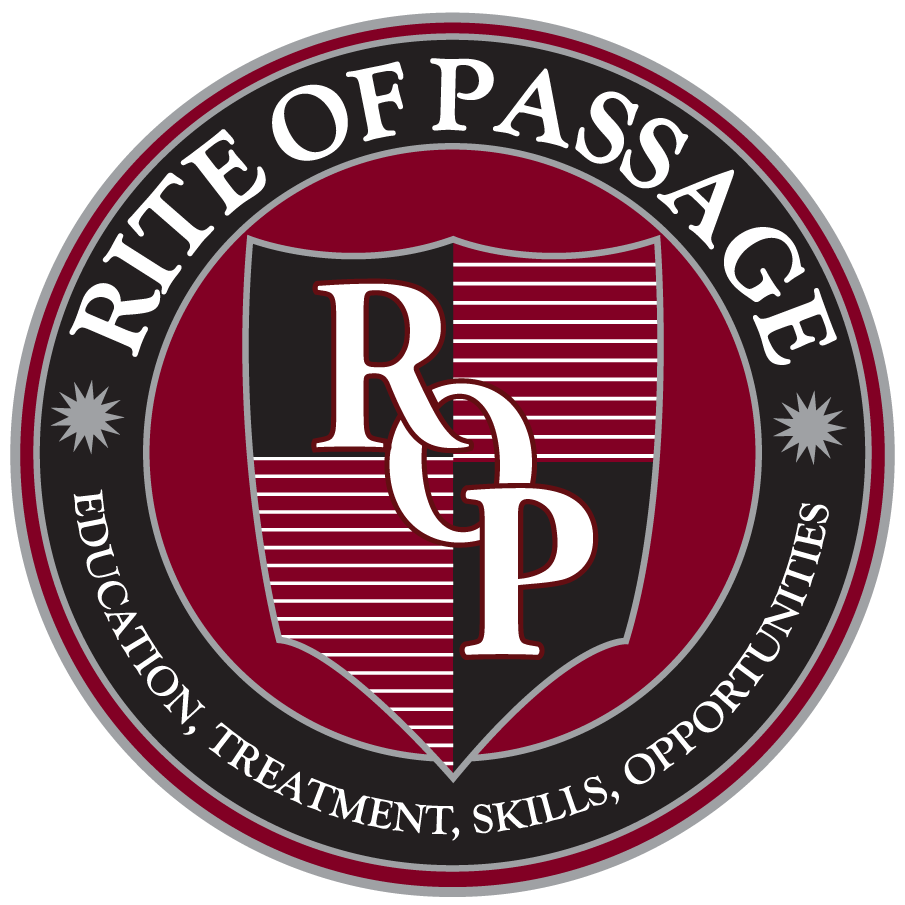About Us
Uta Halee Academy
Uta Halee Academy is a female-specific, residential program that offers young women opportunities to build productive and meaningful futures for themselves and their communities. Since it began operations in 2013, Uta Halee has evolved and grown, incorporating the latest research and evidence into our program model. Our understanding of the populations that we serve has helped us to develop an evidence-based and trauma-responsive program that helps our young women attain their goals.
Uta Halee Academy is operated by Rite of Passage, a leading National provider of evidence-based therapeutic and educational programs for youth. Rite of Passage provides a diverse continuum of care with evidence-based programs in education, youth shelter programs, family and community aftercare and intensive treatment for youth.
For over 40 years, Rite of Passage has been improving the lives of youth. Through its work at Uta Halee Academy and other academy programs, Rite of Passage has developed the Integrated Care Model framework to articulate its program philosophy, methodology, and specific evidence-based practices.

THE INTEGRATED CARE MODEL
The Integrated Care Model is the framework for Uta Halee Academy’s programming and services. Beginning with a foundation of safety, accomplished through caring relationships, qualified and trained staff, fosters a culture where students can learn.
Staff model pro-social skills, utilize the appropriate amount of empathy and provide youth with problem resolution skills. Assessments identify individual student needs and strengths and develop their intrinsic motivation for change.
Evidence-based cognitive behavioral interventions help students develop skills to overcome aggression, disruptive behavior, and heal from traumatic events in their lives. Since many of the students will return home, family involvement and treatment are provided at an appropriate intensity.
The normalized environment enables each student to develop and practice skills in the therapeutic, academic, vocational, health/wellness, family and community activities. Through these experiences, the student gains competencies and skills to attain Treatment Plan goals; then, new goals are established and the process of positive change is moved forward, creating a new vision and hope for the youth.
Meet Our Qualified Team
Brittany Bowman
Program Director
513-601-9154
brittany.bowman@rop.com
Sarah Nommensen
Principal/Day School
402-905-9600
sarah.nommensen@rop.com
Cooper Hove
Human Resources
402-905-9642
cooper.hove@rop.com
Tarah Christenson
Director of Group Living
402-431-2706
tarah.christenson@rop.com
Jennifer Luna
Compliance Officer & Site Trainer
402-905-9622
Jennifer.luna@rop.com
